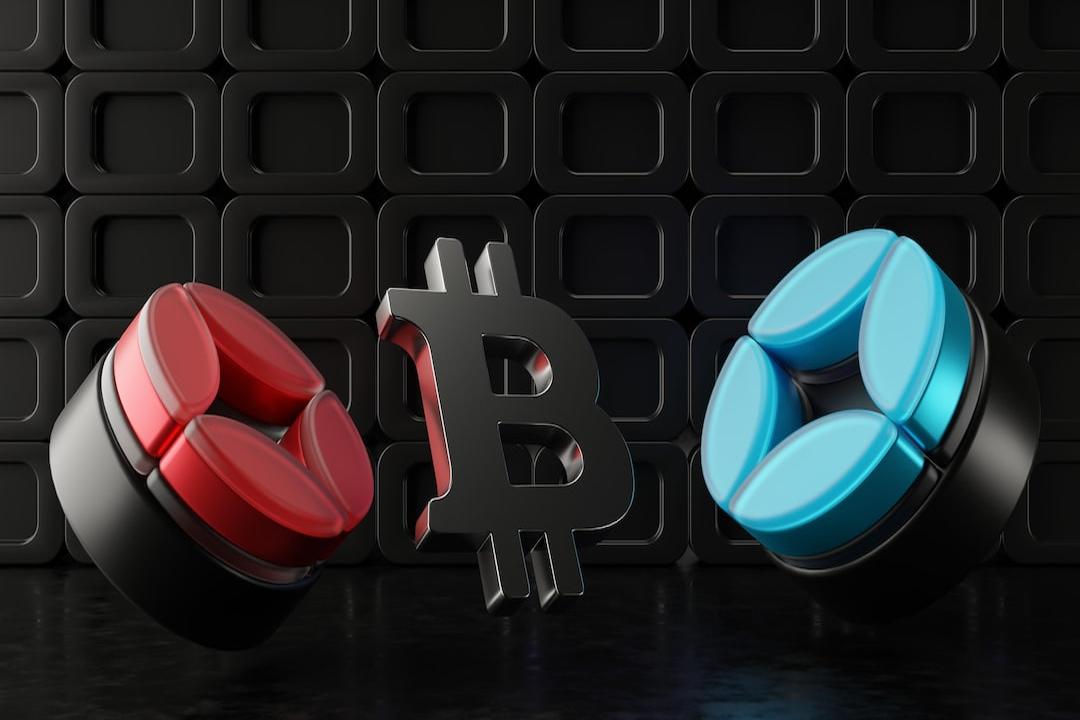Ethereum researcher Jason Chaskin discusses the issue of Miner Extractable Value (MEV) and introduces two existing solutions at the non-protocol layer: off-chain optimization and private mempool. He explains the implementation principles and why these mechanisms do not completely replace the public mempool.
Table of Contents
Toggle
Minimizing MEV: Solutions Available
Off-chain Optimization
Smart Routers
Off-chain Order Matching
Private Mempool
Private RPC
Order Flow Auction (OFA)
Private Mempool Does Not Replace Public Mempool
MEV remains a significant problem on the Ethereum network, as it involves frontrunning transactions to capture miner-extractable value. Transactions conducted through the public mempool are generally influenced by MEV, and Ethereum’s 12-second block time creates a window easily exploitable by arbitrageurs. Therefore, the Ethereum Foundation has identified MEV as a major challenge to be resolved in its development roadmap.
Recommended Reading:
Ethereum Releases 2024 Roadmap, Continues Advancing Towards Global Settlement Layer
Reason for Recommendation: This article provides insights into recent developments and future plans for Ethereum, as well as potential solutions to the MEV problem at the protocol layer.
Advertisement – Continue Reading Below




Apart from the Ethereum Foundation’s PBS roadmap, there are currently two main solutions in the market beyond the Ethereum protocol layer:
Off-chain Optimization:
Allows users to sign their intentions off-chain, which are then analyzed and broken down into multiple optimized transactions to reduce MEV profit opportunities.
Private Mempool:
Directly sends user transactions to a builder, bypassing the public mempool and limiting the searcher’s ability to profit from transactions.
Both solutions essentially aim to avoid using the public mempool to reduce the impact of monitored transactions and MEV extraction.
(Solana’s MEV Moment: It’s Time to Seriously Address the MEV Problem)
Off-chain Optimization
These solutions are typically applied to applications that are particularly vulnerable to MEV attacks, such as Automated Market Makers (AMMs). Currently, 98.85% of MEV extracted on the Ethereum network comes from three AMMs: Uniswap V2 (63.4%), Balancer V1 (19.39%), and Uniswap V3 (16.06%). The design of these AMMs allows searchers to profit from slippage by manipulating orders and ensuring users receive the worst price within specified limits, thereby making a profit from the price difference.
“Optimizing MEV Problems in Applications” specifically refers to DEX aggregators, such as 1inch, Matcha, or UniswapX. The principles are essentially the same: users express their transaction intentions off-chain and analyze and execute them on-chain in a way that minimizes slippage and MEV risks.
Off-chain optimization mitigates the MEV problem by optimizing transactions before they enter the public mempool.
There are two common practical approaches to off-chain optimization MEV problems.
The first is smart routers, where users submit their intentions (e.g., swapping 1 ETH for 3,500 USDC) to a server. The smart router analyzes the liquidity of multiple AMMs and designs the optimal trading route, possibly distributing orders across different pools to obtain the best price. This minimizes potential slippage, making the MEV from this transaction unprofitable for searchers.
The second approach is off-chain order matching, used by systems like CoW Swap. Decentralized solvers match buyers and sellers off-chain, and then execute these matched orders in batches on-chain to save on gas costs.
While a certain level of trust is required for off-chain components, DEX aggregators are gaining popularity and currently account for 22% of total trading volume on decentralized exchanges.
Recommended Reading:
UniswapX Launches! Trading Aggregator 1inch and MEV-Protecting DEX CowSwap Crisis?
Reason for Recommendation: Essential reading for readers unfamiliar with UniswapX, providing a quick understanding of the underlying mechanisms and an introduction to Fillers and intent-based transactions.
The second way to avoid the public mempool is through private transactions. Private transactions do not need to broadcast transactions to the public mempool; instead, they are directly sent to builders or groups of builders. Approximately 10% of transactions currently bypass the public mempool and are privately sent.


Percentage of transactions passing through the public mempool
(Data source)
Currently, there are mainly two methods for private transactions: private RPC and Order Flow Auctions (OFAs).
A typical example of private RPC is Flashbots Protect. Unlike broadcasting transactions to the public mempool, Flashbots Protect submits transactions directly to selected builders, preventing searchers from seeing these transactions. While builders may share limited transaction information with certain searchers to increase efficiency, this information is insufficient for searchers to frontrun the transactions. Since its inception, Flashbots Protect has protected over 13 million transactions and processed nearly $30 billion in transaction volume.
The second method of private transactions is Order Flow Auctions (OFA), which builds upon the concept of private RPC and adds an auction feature. The main idea is to allow users to reclaim the maximum MEV share through competitive auctions.
Users submit their orders (transactions or intentions), and MEV searchers compete to execute these orders. While searchers still choose strategies to maximize their own MEV, the competition in the auction forces them to aggressively lower prices, resulting in a higher amount returned to the users. For example, if a user wants to swap 100 ETH for 350,000 USDC, submitting the transaction directly to the public mempool may allow MEV bots to manipulate the order and cause significant slippage, resulting in the user receiving only 320,000 USDC. However, in OFA, searchers compete to execute this transaction and increase the amount they are willing to return to the user (e.g., $29,000), allowing the user to potentially receive 349,000 USDC and greatly reducing the negative impact of MEV.
OFA is a relatively new concept and is still under development. It was initially introduced by the now-closed Rook in 2021 and is currently offered by projects such as UMA’s Oval and Flashbots’ MEV-Share.
(UMA Launches Oval, an Anti-OEV Tool to Reduce Protocol Losses Due to Oracle Price Feed Gaps)
This discussion raises an interesting question: if private mempools can maximize user benefits, is there still a need for public mempools? Chaskin believes that public mempools still serve a crucial purpose, which is censorship resistance.
The role of public mempools will change and serve a specific but crucial purpose: maximizing censorship resistance.
Transactions sent via private RPC completely bypass the public mempool. This means that MEV-boost and outsourced block construction verifiers, which do not run in private RPC, will never see these transactions. If these builders begin to censor transactions, as most relayers currently do, it would prevent some transactions from successfully being included in blocks.
Therefore, public mempools will not completely disappear. They will evolve into niche tools for specific scenarios, particularly for transactions that require censorship resistance. A small portion of users will continue to utilize public mempools, prioritizing the inclusion of “transactions facing potential censorship risk” rather than minimizing MEV.
ethereum
Flashbots
Mempool
MEV
Oval
PBS


Further Reading
Ethereum Releases 2024 Roadmap, Continues Advancing Towards Global Settlement Layer
Around the Block | Vitalik and Coinbase CEO Discuss Decentralization and Privacy: PoS Ethereum Will Be More Robust

